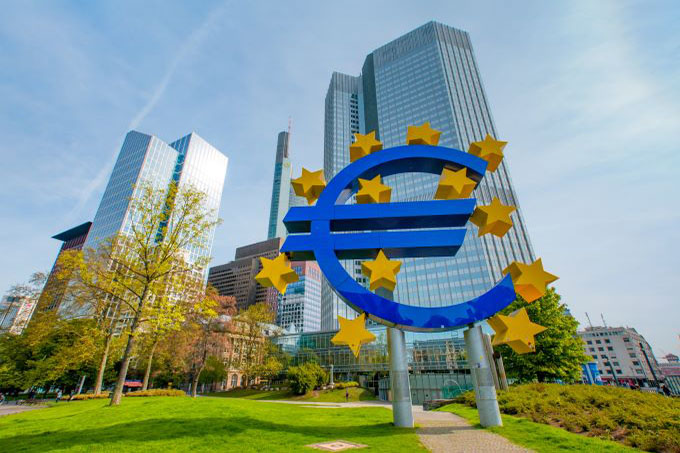The following are the most recent pieces of Forex fundamental analysis from around the world. The Forex fundamental analysis below covers the various currencies on the market and the most recent events, announcements, and global developments that affect the Forex market.
Most Recent
Against a devastating backdrop, Japan has managed to post a one percent increase in factory output in April over the March figure. However, the year-on-year picture was understandably poorer and reflected a 14% fall in output on an annual basis.
Last week saw the world’s major stock exchanges again all close lower for the fourth week in a row, with no exceptions this time.
OECD has suggested that the global economy could fall into “stagflation” because of higher food and commodity prices, a down-turn in China and the continuing effects of the Japanese natural disaster in March.
Top Forex Brokers
Data from a survey conducted by Ernst and Young, show that the level of inward investment to Europe is at its highest level since the global financial crisis. The resurgence in European investment has been led by America.
As we reported yesterday, concerns that Greece would default on its debts sent markets across Europe lower and led to a 3 cent decline in the value of the Euro against the Dollar from Friday’s close. The markets and the Euro have since rallied, but Greece’s debt burden looks set to remain “the obvious elephant” for some time to come.
Jitters have returned to the markets and foreign exchanges over the possibility that Greece will default on its debts. Having joined the Euro, Greece has no mechanism whereby it can devalue its currency – since it is shared with 16 other nations.
Last week saw the world’s major stock exchanges again all close lower for the third week in a row, with the single exception of the FTSE this time.
Data just released for the first quarter of 2011 shows that the Japanese economy contracted by a further 0.9% on the Q4 figure. This figure gives an annualised contraction of 3.7% which is almost twice the level that most analysts were anticipating.
Whilst Portugal waited for the deal with the EU and IMF to be finalised, it had to turn to the markets to secure €1billion in short-term funding. The issue of a 2-month bond was successful, but at a price.
Bonuses & Promotions
Figures just released in the USA show that US factory output fell last month by 0.4% on the March figure, reversing a ten month rally. The decline was largely led by the car making industry due to the shortage of parts from Japan which precluded completion of automobiles.
The consumer index is used to measure how bullish or otherwise the Japanese consumer is feeling. A value of 50 on the index indicates neutrality, but the figure released for April is 33.1, down from 38.3 in March. No doubt, this reflects the realisation of the full enormity of the natural disaster.
Last week saw the world’s major stock exchanges again all close lower, with the exception of the Nasdaq which was flat. Get the full week in review here.
Subscribe
Sign up to get the latest market updates and free signals directly to your inbox.The UK target inflation value is 2%, but inflation is currently running at 4%. This inevitably leads to speculation that the Bank of England will need to increase interest rates from their historic low level of 0.5% to choke it off.
Australia was the only leading economy not to go into formal recession during the global financial crisis and it was swift to return to growth. Estimates suggest that the Australian floods and cyclones may chip as much as 0.5% from the GDP figure, but it is still anticipated that the country will grow by 4% this year.
On Friday, Jean-Claude Junkers, the chairman of the Eurozone Finance Ministers group suggested that Greece may require a “further adjusted plan” to help it deal with its on-going financial crisis. The developments were enough to cause the Euro to devalue against other major currencies and for European stock markets to trade lower.




